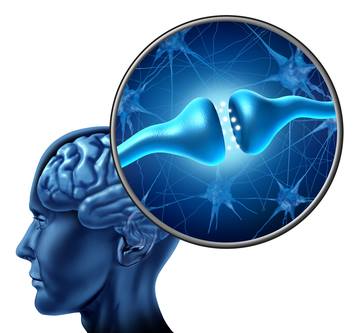Hypnosis
How Does Hypnosis Work?
The word hypnotist, for some, may conjure up images of a stage-act bringing about a hypnotic state by swinging a pocket watch back and forth.
In reality, real hypnosis bears little or no resemblance to these stereotyped images. According to John Kihlstrom, “The hypnotist does not hypnotize the individual. Rather, the hypnotist serves as a sort of guide, coach or tutor whose job is to help the person become hypnotized”
There is a belief that hypnosis is a form of unconsciousness resembling sleep, but contemporary research suggests that hypnotic subjects are fully awake and are focusing attention, with a corresponding decrease in their peripheral awareness. Subjects also show an increased response to suggestions. In the first book on the subject, Neurypnology (1843), Braid described “hypnotism” as a state of physical relaxation accompanied and induced by mental concentration.
What Effects Does Hypnosis Have?
The experience of hypnosis can vary dramatically from person to person. Some individuals report feeling a sense of detachment or extreme relaxation during the hypnotic state, while others have felt that their actions seemed to occur outside of their conscious, some individuals may remain fully aware and able to carry out conversations while under hypnosis.
Experiments by researcher Ernest Hilgard demonstrated how hypnosis could be used to dramatically alter perceptions. After instructing hypnotized individuals to not feel pain in their arm, the participant’s arm was then placed in ice water. While other non-hypnotized individuals had to remove their arm from the water after a few seconds due to the pain, the hypnotized individuals were able to leave their arms in the ice water for several minutes without experiencing pain.
The Benefits of Hypnosis/Hypnotherapy
The benefits of Hypnotherapy are huge read more about the benefits of hypnotherapy.
Hypnosis
The following are just a few of the applications for hypnosis that have been demonstrated with research to improve the symptoms of :-
The treatment of chronic pain conditions such as rheumatoid arthritis.
The treatment and reduction of pain during childbirth.
The reduction of the symptoms of dementia.
Hypnotherapy may be helpful for certain symptoms of ADHD.
The reduction of nausea and vomiting in cancer patients undergoing chemotherapy.
Control of pain during dental procedures.
Elimination or reduction of skin conditions including warts and psoriasis.
Alleviation of symptoms of Irritable bowel syndrome.
Can you be hypnotized?
While many people think that they cannot be hypnotized, research has shown that a large number of people are more hypnotizable than they believe. As demonstrated above, there are many depths of trance.
Hypnosis is a natural state.
- Fifteen percent of people are very responsive to hypnosis.
- Children tend to be more susceptible to hypnosis.
- Approximately ten percent of adults are considered difficult or impossible to hypnotize.
- People who can become easily absorbed in fantasies are much more responsive to hypnosis.
- Research has suggested that individuals who view hypnosis in a positive light tend to respond better.
Discover the undiscovered in your own world by looking in the place you would never think to look.
Who knows what treasures you will discover when you venture into this uncharted territory, what possibilities will open up in your life, because you dared to investigate ways of creating your own pathway to success.
Hypnosis is the doorway.

